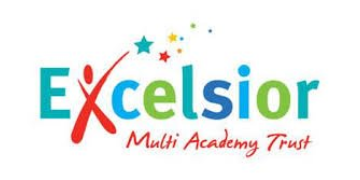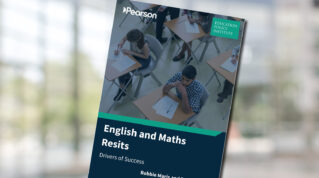In recent weeks I’ve had the pleasure of visiting several FE organisations across the country to facilitate sessions on Human Rights Education (HRE) for staff and students.
Some sessions have focused on how human rights frameworks can be integrated into strategy, policy and curriculum while others have been to support Amnesty student groups as they form, learn about human rights and identify suitable projects for activism.
During my visits I have been blown away on several occasions by the quality and depth of work that organisations are delivering on issues of justice. For example, I have encountered amazing work on anti-racism, trauma-informed practice and climate justice.
Students and staff alike clearly have a much richer understanding of concepts such as equity, inclusion and intersectionality than they might have had just a few years ago. It is also clear that student voice activity and citizenship curricula are now hugely significant programmes for many institutions.
However, as someone who discusses human rights on a daily basis, it has also been apparent that, although vocabulary and understanding of connected issues is now impressively advanced in many cases, the language of rights is not yet widespread across the sector.
This is in spite of high levels of agreement from FE professionals. Earlier this year, we surveyed the sector and asked how important staff thought it was to teach students about human rights. The average score was 4.96, 5 where 5 signified extremely important.
Professor of International and Multicultural Education, Dr. Monisha Bajaj, distinguishes between three ideological orientations for considering Human Rights Education (HRE).
First is global citizenship, which seeks to develop community through emphasising universal values and standards. Second is coexistence, which focuses more on the interpersonal and intergroup aspects of rights and brings about tolerance and respect for difference. Third is the orientation of transformative action in which HRE includes learners grappling with their own reality – often to challenge economic or political power.
Education must enable those who have been educated to act with agency
While a more thoroughly embedded human rights approach would strengthen the language, principles and philosophy of what exists in the sector, work which can be associated with the first two orientations has already come a very long way in recent years in FE.
To support this ongoing progress, in the coming months we will publish a pack of resources which will outline how to teach several topics from a human rights approach including conflict, the environment, gender justice, economic, social and cultural rights (ESCR) and humanitarian law.
But it is work linked to the third orientation that provides the greater challenge, particularly for state-funded and -regulated institutions.
Paulo Freire articulates this challenge clearly when he contrasts education which functions to integrate young people into the logic of the present with a practice which enables people to engage with the world critically and creatively. The former brings about conformity, while the latter brings about transformation.
The re-broadening of the curriculum which is taking place within FE should certainly be celebrated, as should the prioritisation of issues of justice that we have seen in recent years.
However, what makes education a human right in and of itself is its ability to enable those who have been educated to act with agency. This often requires the skills and courage to speak truth to power.
The excellent work that already exists in the sector relating to issues of justice gives a really solid platform on which to build. So in addition to providing resources to help practitioners with that work, we are also looking for colleges to participate in the 2024/25 Youth Activism Programme.
As part of that programme, we will train a member of staff from each participating organisation on Human Rights Education, pair them with an Amnesty activism coach and support them to form a group of students who will take action on an issue which matters to them.
The sector has recognised that its students face an uncertain future in which they will need to make their voices heard. Together, let’s teach them the skills to bring about the change they want to see.
To register your college’s interest in the Youth Activism Programme, please complete this form















Your thoughts